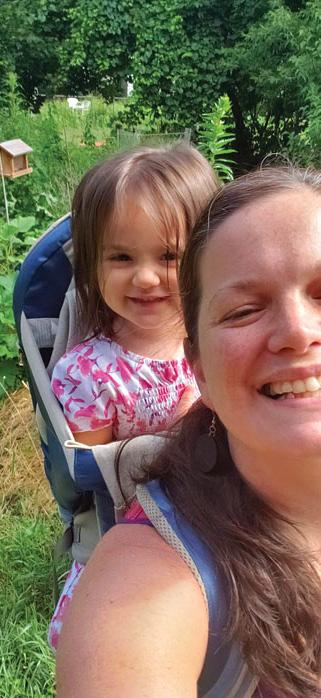
5 minute read
Tending Our Mothers’ Gardens by Jessica Dolan
Tending Our Mothers’ Gardens
Community transformation in the time of earth changes
Advertisement
BY JESSICA DOLAN
NOTE: The title of this contribution is a tribute to the great healer and poetic visionary author Alice Walker, who published In Search of Our Mothers’ Gardens in 1983.
The year 2020 has been a year of great transformation — a year of paring down to what is most important, of grief and healing. For so many people, it has been a time of reflection and going within. Some of this has been chosen, and some precipitated by necessity and circumstance, as we face mortality and grieve the loss of friends and loved ones, and life as we knew it — perhaps of jobs, or homes, or hopes or expectations of what we might want in life versus what is actually possible.
The cultural philosophy of the Haudenosaunee, or Iroquois, which I have studied for years, has profoundly influenced the way I experience the world. In Haudenosaunee traditional knowledge, the legacy of the Peacemaker is the history of how the Five Iroquois Nations built a peaceful and abundant society together out of a shared experience of intense violence and suffering. At the heart of the philosophy is the practice of condolence, which contains the wisdom that grief,
suffering, and trauma are so powerful that they must consciously be cared for with a collective expression and healing process of empathy. Only with condolence can we rebalance the grieving in society so that we can live in peace and abundance together.
My work this last year has been as a grant writer for two organizations that serve areas in human society that have come into demand during the COVID-19 pandemic. One organization is Native American Food Sovereignty Alliance (NAFSA), an Indigenous organization that works to empower Native American communities to restore their traditional foods and seeds and, in the process, the relational kin-centric landscapes of community and environment. In March of last year, NAFSA began work to send hundreds of packets — pounds and pounds — of seed to Native American communities, families, and collective farms across Turtle Island (North America), so that people could grow gardens for food and nutrition security. NAFSA continuously listened to Indigenous community needs through the months, adapted and uplifted Indigenous brilliance and horizontal leadership, by providing webinars and resources that would meet vital needs for food, nutrition, and traditional medicine among Native peoples. This has been critical because, as a recent article in The Atlantic stated, 1 out of every 750 Native people has passed away from COVID-19 this year.
The other organization for which I’ve been working is the Vermont Wilderness School (VWS), an outdoor learning and nature connection organization. In 2020, VWS experienced a sharp rise in demand as well, due to the need for outdoor education during the pandemic. I bring up these two areas of purposeful work in my life because both organizations support areas of human learning and culture that have risen in adaptation and brilliance through the devastation of the pandemic: Indigenous food sovereignty and learning on the land are beacons of hope. Both areas are vital for survival, for strength, and for peaceful interdependence through the unpredictable challenges we are weathering as the Earth and climate change. We are experiencing those changes now. What can we learn from Indigenous knowledges, plants, foods, and seeds? What can we learn from observing and listening to Mother Earth and spending time on the land? What can we learn from our human family?
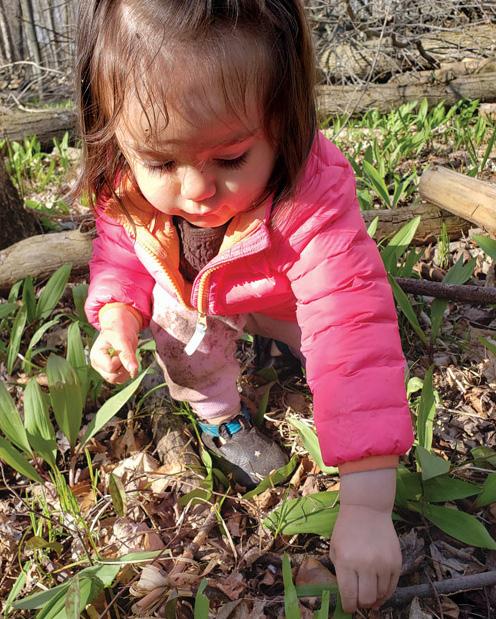
A big part of my life as a mama with a 2-year-old is physically, spiritually, emotionally, and intellectually learning and doing seed stewardship and landbased learning, engaging all of our senses together, making family with community in ways that feel nourishing,
and exploring the outdoors. My daughter was not yet 2 when the pandemic arose. About one month in, she began to notice all of the songs of the birds, which we could hear more vividly due to the decrease in air and car traffic. We walked in the forest and gathered white pine and cedar needles, which are strong respiratory medicines and contain lots of Vitamin C. A couple months later, we prepared the ground and then invited neighbors of all ages, who came, wearing masks and keeping distance, to plant our garden together. We planted precious Wabanaki and Haudenosaunee seed varieties that have been lovingly saved and restored through generations of living seed banks: seeds grown, protected, shared, and traded across kinship and friendship networks throughout the Northeast. With humility, facing the perspective that seeds are vital to survival, that there are no monetary assets richer than seeds, water, and ground, we pushed their tiny bodies into the soil, whispering prayers of gratitude for sustenance while we did and singing songs while watering them. In the fall, we were drivers for the SUSU Healing Collective’s brilliant mutual aid project of using community-raised funds to purchase and deliver weekly CSAs of locally grown and raised produce, meat, maple syrup, and flowers to nourish and support BIPOC families in Brattleboro. After harvesting our garden, I packaged seeds and sent them to people who requested them.
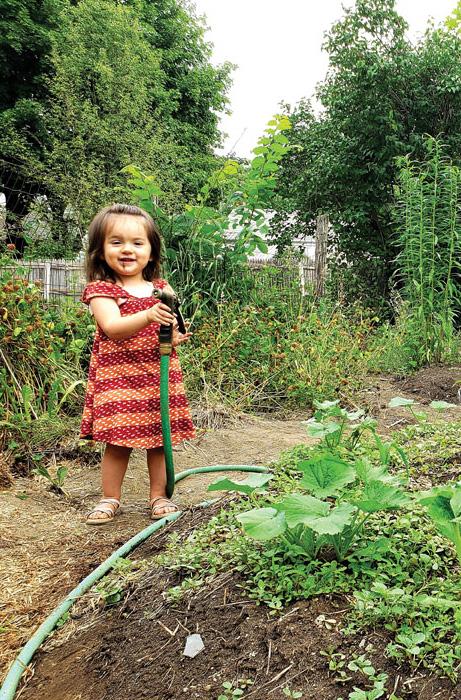
What can we learn from the soil, the seeds, the water, and each other? Many people are calling this time the Great Pause, for sure not because we have stopped working, but because it is a time when we know rest and nourishment and care is
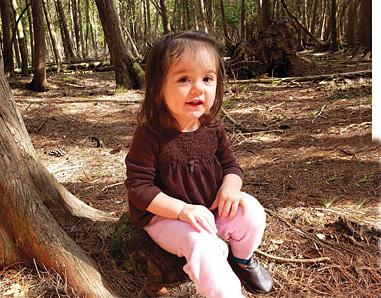
necessary for survival. So too is grieving the loss of loved ones and releasing the pain of centuries of violence that many of us carry in our bodies. Now is a time of listening to life stories and archetypal stories, and of mutual care and aid. The pandemic is a Great Teacher, showing that we must organize our systems of community care and sharing wealth to transform centuries of violent dominance, colonialism, racial and patriarchal oppression, and earth extraction — or else none of us will survive. If we engage our courage, share our gifts together, our humanity and love for one another and all life forms, we can co-create abundance and health for all; we can thrive through these Earth/climate changes. I am so grateful for all the beautiful people we can see, who persist in envisioning and enacting racial justice, caretaking the Earth and our families, farming, fostering community health and safety, writing poetry and prose, painting and crafting, and singing and playing music through pain, fear, and the unknown. Thank you for being here! We are slowly, collectively transforming a new society together, and I am so thankful to be alive at this time with you.
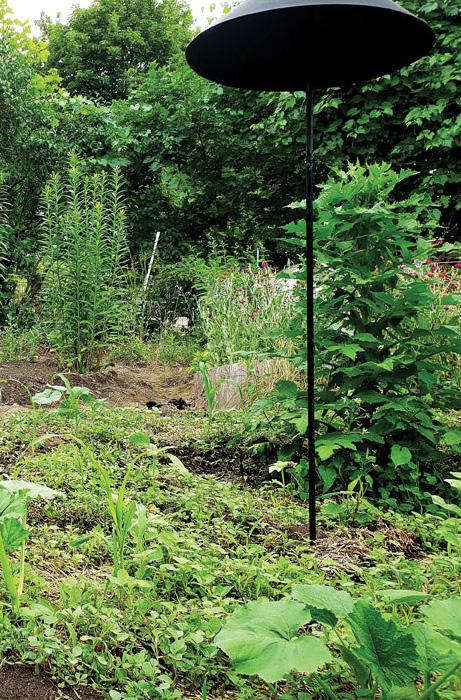
Jessica Dolan is a scholar, grant writer, gardener, ethnobotanist, Indigenous food sovereignty advocate and academic ally, lover of food and community, and mama who lives with her beloved daughter, Naia, in Brattleboro.










